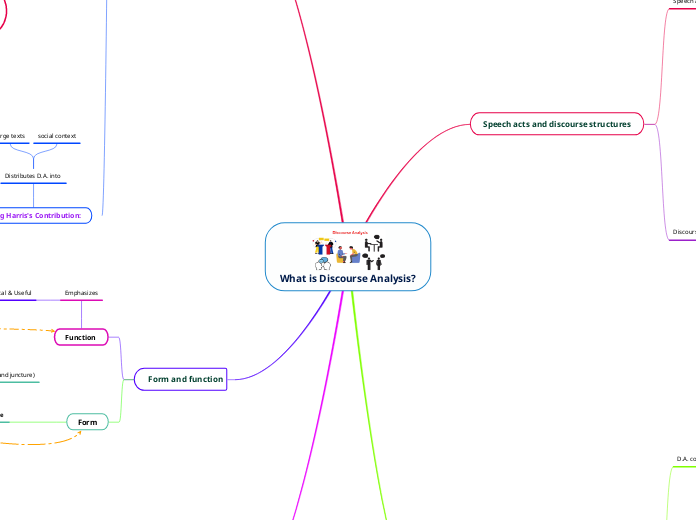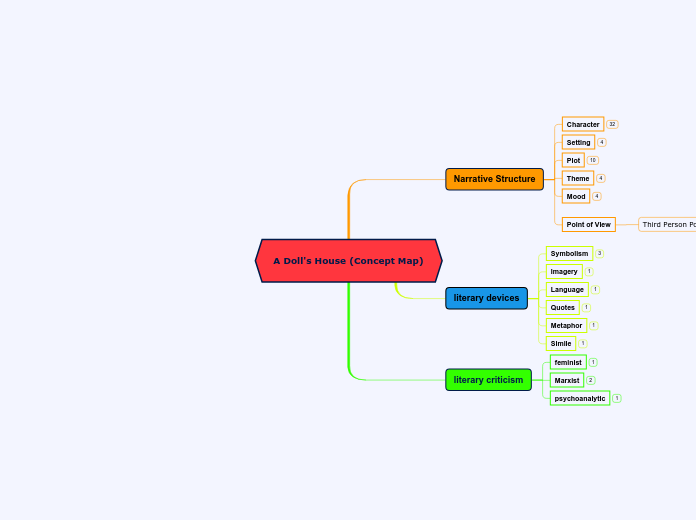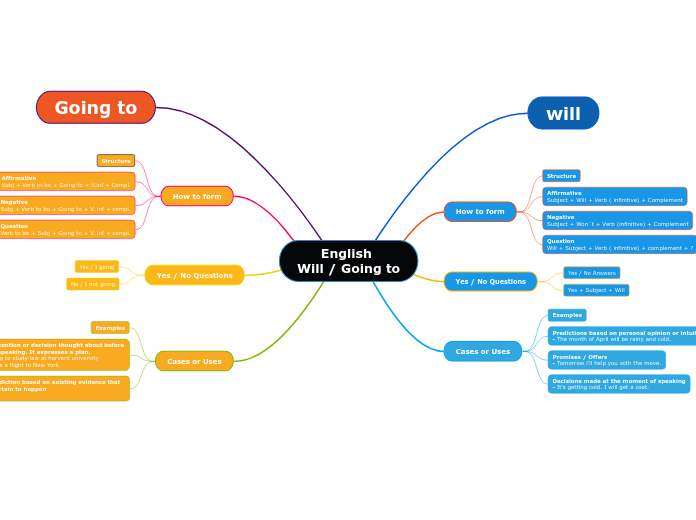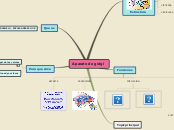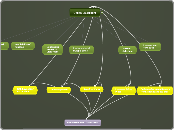Concentrating on
Message
What is Discourse Analysis?
Spoken discourse: models of analysis
Birmingham´ model
CALLED EXCHANGE
Moves
Initiation
Response
Follow-up.
1 Answer
2 Acknowledgement
3 Non-verbal response
1 Question
2 Information
3 Command
1 Question
2 Answer
3 Comment
LANGUAGE OF TRADITIONAL
Native-speaker
with a rigid pattern
Highly structured sequences.
Framing move and transaction
Internal structure
Pattern
Ask T
Answer P
Comment T
Teacher asks - a pupil answers
Structured and formal
-Settings telephone calls
-Job interview.
Signal of the beginning and end.
Perceptions teachers and pupils´ roles
RELATIVELY SIMPLE AND POWERFUL
Form and function
Form
Encompasses elements like
Grammar
Lexicon
Phonology (including intonation, pitch, and juncture)
Function
Emphasizes
Practical & Useful
application of language
The scope of discourse analysis
McCarthy (2000)
Scope of D.A.
Overall aim
Better understanding
Natural written discourse
Natural spoken discourse
Expectations
Words/sentences linked
Meaningful communications
Coherent communications
Study of
D.A. concerns
Description and analysis
Written interaction
Written documents
Etc
Billboards
Comics
Notices
Instructions
Recipes
Stories
Letters
Newspapers
Different genres
Spoken interaction
Speech acts and discourse structures
Discourse structures
Discourse has:
End
Closure
Middle
Events
Beginning
Introduce
Problems
Characters
Settings
Relationship
Language
and
Contexts of its use
Enlargement
Oral topic
Ultimate and complete discourse
Based on:
Speech acts
Examples:
"You've . . ., haven't you?'"
"Tell me about the time you . . . ?"
Stretches
that force:
Instructing
Requesting
seen as:
Performing a
particular act
Specific sense
Important issues
Fragments
Particular
Request
Instruction
A brief historical overview
British Tradition
Structural-linguistic criteria
Intonation in discourse
Text Grammarians
Texts -> linguistic elements
Applications in Linguistics
Impacting second
language
learning and teaching.
American Tradition
Examining patterns in talk behavior
Unity of Discourse Analysis
Exploring:
Cultural influences
Contexts
Conversation analysis
D.A. emerged from
disciplines
Linguistics
Semiotics
Psychology
Anthropology
Sociology
Developed in
early 1960s
Zellig Harris's Contribution:
Distributes D.A. into
social context
large texts
